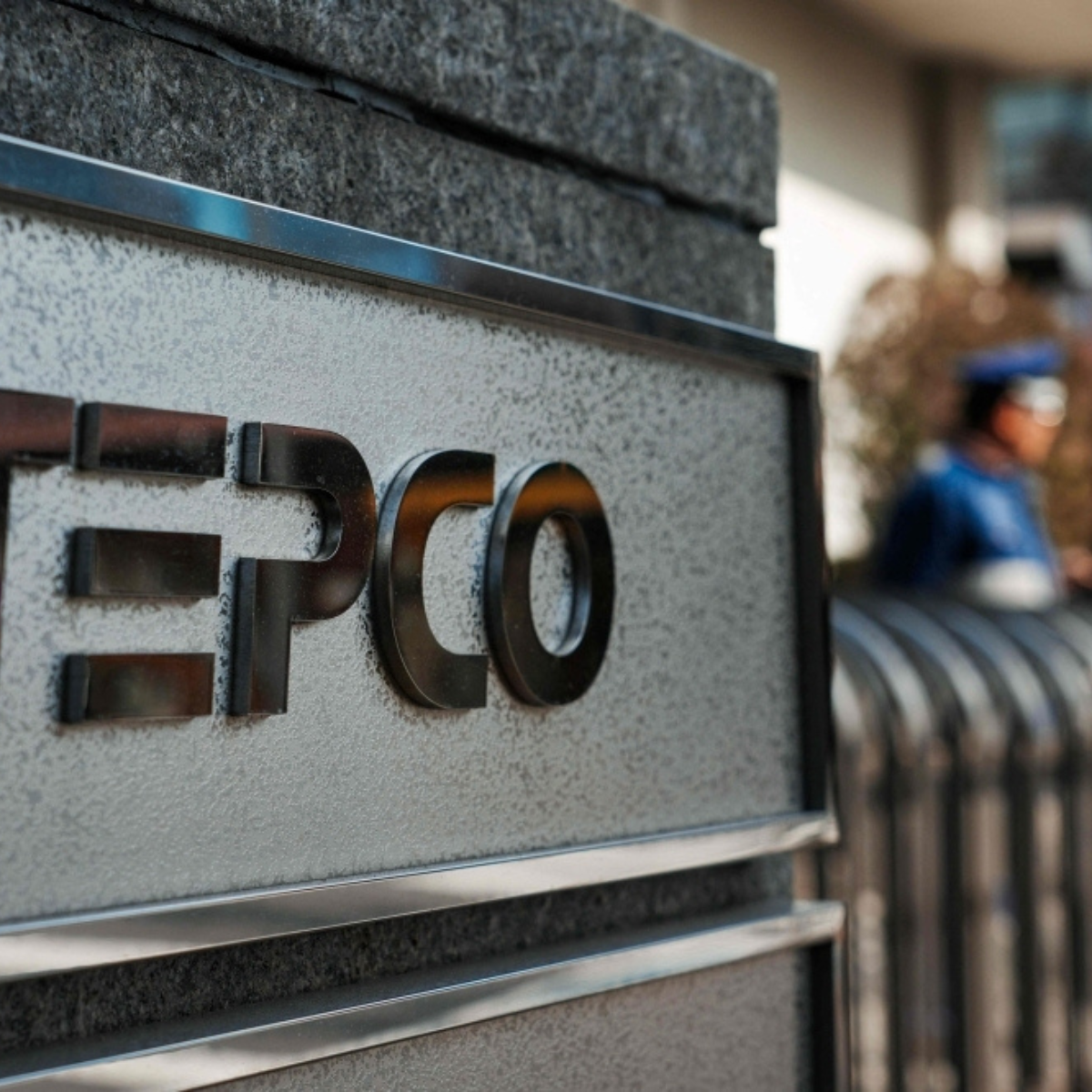KUALA LUMPUR, Jan 23 — Two foreign nationals have become the first individuals in Malaysia to be charged in court for littering under the newly enforced anti-littering law, according to a report by The Star.
JAKARTA, Feb 20 — Indonesia’s plan to expand "captive" coal plants for industrial use risks undermining its commitment to cut carbon emissions by 2030 and phase out coal power by 2040, a report warned today.
Despite President Prabowo Subianto’s pledge to phase out coal within 15 years and achieve net-zero emissions by mid-century, Indonesia’s new electricity master plan, announced in November, projects increased coal generation beyond 2030. The report by London-based think tank Ember highlights concerns that Indonesia’s strategy could significantly boost coal power use.
While Jakarta previously aimed for renewables to make up 44% of its energy mix by 2030, the revised plan includes 26.8 gigawatts of new coal capacity over the next seven years—more than 20 GW of which will come from captive coal plants serving industry rather than the national grid.
Currently operating 49.7 GW of coal-fired power plants, Indonesia still has dozens more under construction, including captive coal projects. The state electricity company, Perusahaan Listrik Negara, did not respond to requests for comment.
“Expanding captive coal while global markets shift to clean energy makes little economic sense,” said Dody Setiawan, Ember’s senior climate and energy analyst for Indonesia. He emphasized that prioritizing renewables would better position Indonesia for long-term economic and environmental stability.
The Centre for Research on Energy and Clean Air (CREA) warned that the coal expansion, particularly in Sulawesi and North Maluku, will expose local populations to severe health and economic burdens due to pollution.
Indonesia previously secured a $20 billion Just Energy Transition Partnership with developed nations in 2022 to accelerate its clean energy shift, but little of that funding has materialized. Amid growing scrutiny, Jakarta recently reaffirmed its commitment to the Paris climate agreement after initial doubts from its climate envoy.
The report concludes that Indonesia must take stronger action to meet its 2050 climate targets. — AFP






